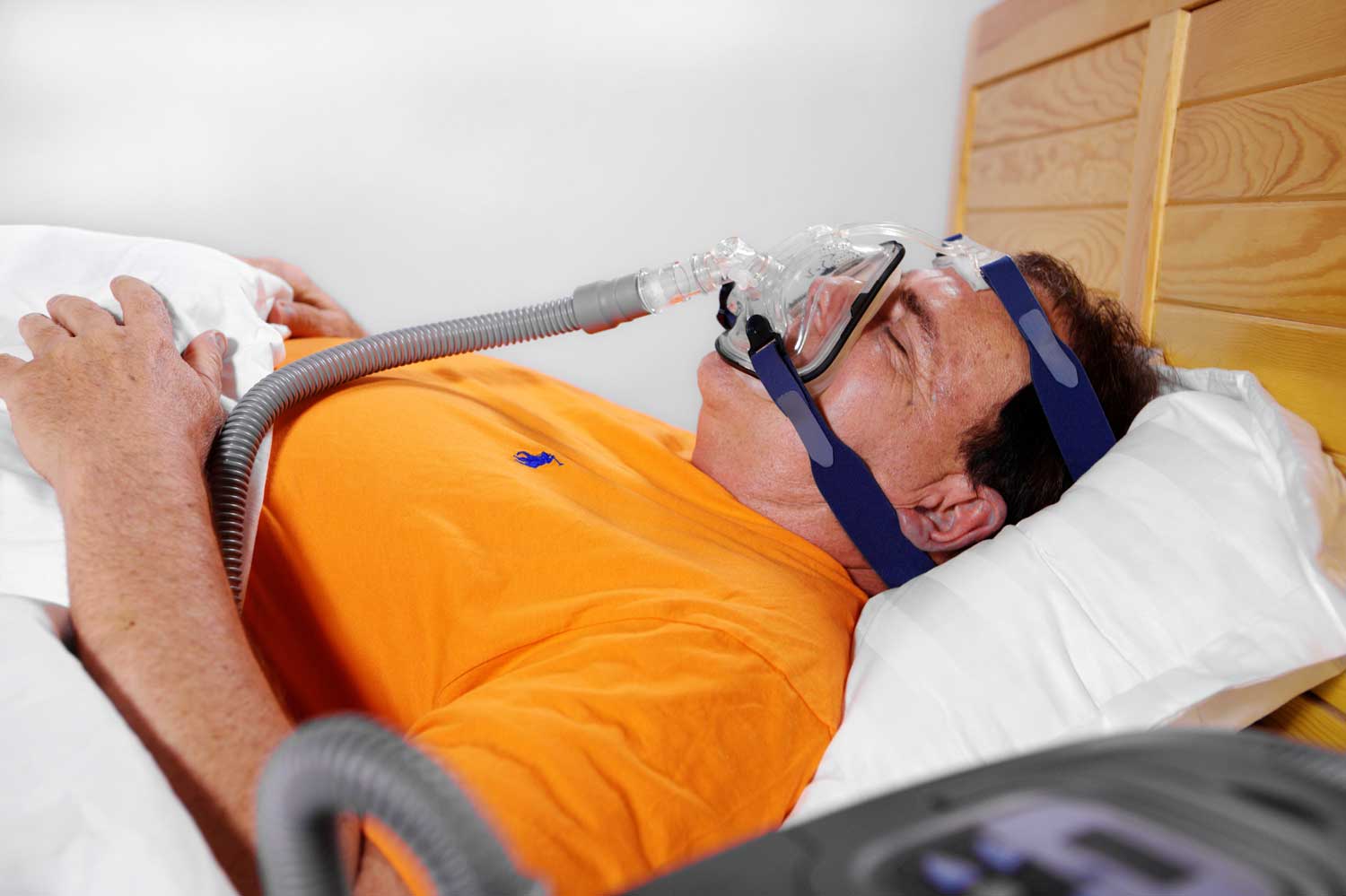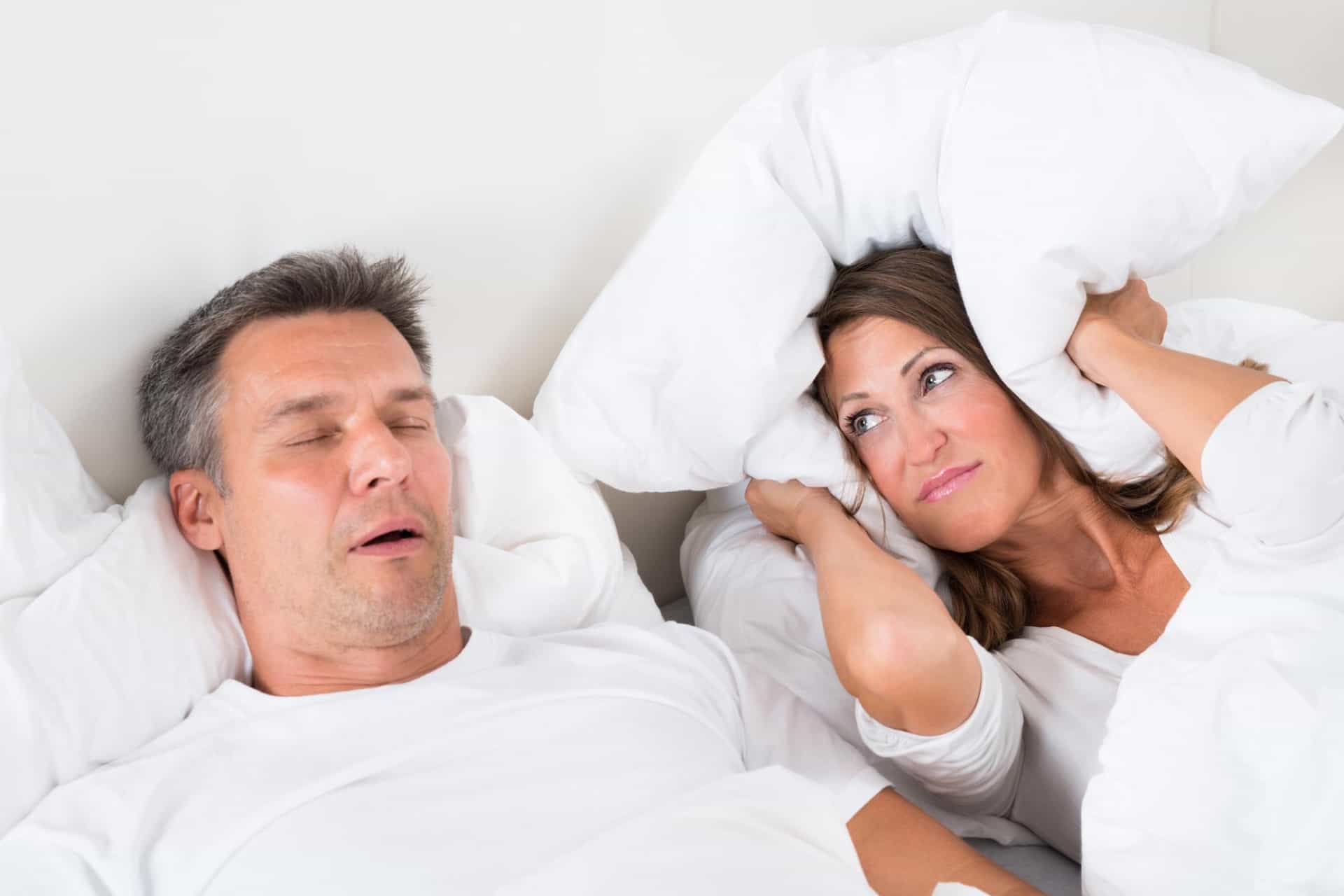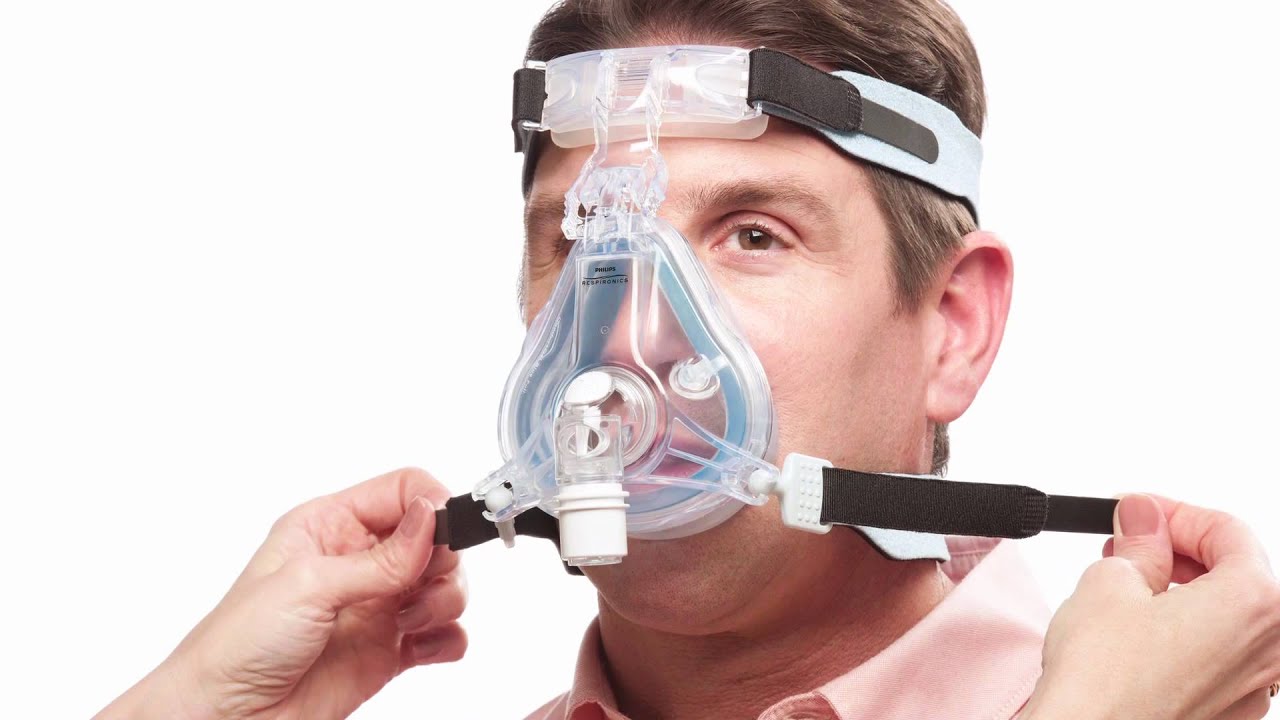To get the best out of your CPAP therapy, you need to know how to use a CPAP machine to achieve your desired results. Though CPAP machines are user-friendly, some people have been found to have different issues using the device.
Of course, the CPAP machine has its slight limitations like every other machine, yet, you don’t have to develop health complications while using the device if you partner with specialists.
Dry mouth is one of the common problems people encounter with cpap machines. This symptom is familiar to those that breathe through their mouth when sleeping. Do you also mouth sleep during sleep? However, this guide teaches you how to use the machine without dry mouth symptoms.
It is common for people with obstructive sleep apnea to breathe through their mouths. Since continuous positive airway pressure (CPAP) is the most recommended and effective treatment for this condition, it is natural to question: Can I use a CPAP machine if I breathe and avoid a dry mouth? Learn whether this is possible and discover what accommodations might allow you to use a CPAP machine without difficulty.
Why CPAP machine Users So Often Mouth Breathe
Our airway works best when we consistently breathe through our nose. That decreases the evaporation that can contribute to dry mouth. It also strengthens the upper airway muscles, including those lining the throat. If you have difficulty breathing through your nose, the default option is to breathe through your mouth. Many people with sleep apnea have an obstruction within the nose that leads to increased mouth breathing. What are the effects of this?
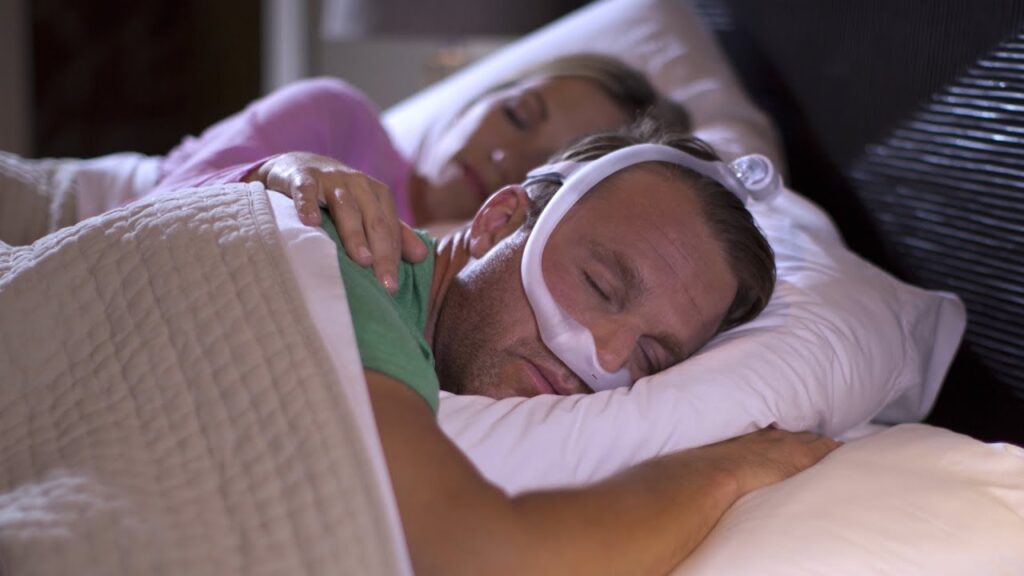
Over time, persistent mouth breathing may cause changes in our airway’s anatomy. The muscles of the jaw relax to allow the mouth to be open. Over time, this can cause the face to become elongated, especially among children who are not fully developed. The tissues lining the nasal passage may also become swollen with the vibration of snoring. Sometimes, this may cause the nasal passage to collapse and further close. As a result, breathing through the nose becomes even more complex, and more mouth breathing occurs. That can worsen sleep apnea as well as snoring.
In general, mouth breathing is less stable. The soft tissues, especially the palate, are more prone to collapse. When the mouth opens, the jaw becomes free to move, and it may shift the tongue back into the throat, especially when sleeping on the back. Although mouth breathing is a common characteristic among those with sleep apnea, many will find that sufficient airflow delivered via a CPAP machine can open the nose up. That may require some accommodations.
When It’s the Nose That Leads to a Dry Mouth
If you breathe through your mouth because you cannot breathe through your nose, it is essential to target therapies to open up the nasal passage. Nasal obstruction may be relieved by allergies or surgery to treat a deviated septum.
Allergy treatment can be initiated by your primary care doctor, sleep specialist, or by an allergist. Using saline sprays or sinus rinses delivered through a Neti pot may be helpful. That will clear away allergens that may cause irritation and swelling of the lining of the nose called the nasal mucosa.
Oral medications may be used to treat allergic rhinitis. Some are available over-the-counter, such as Allegra (fexofenadine), Claritin (loratadine), and Zyrtec (cetirizine), and others require a prescription such as Singulair (montelukast)
Nasal steroid sprays can also be helpful. They work as an intranasal glucocorticoid, coating the lining of the nose and decreasing the allergic reaction. These steroid sprays can reduce the swelling of the tissues in the nose called turbinates. Some are now available over the counter without a prescription, including Nasacort and Flonase. There are also multiple other prescription options, including:
- Nasonex
- Astelin
- Rhinocort
Some people find benefits from using a Breathe Right nasal strip to increase the caliber of the nose. That may open up the passage and allow you to breathe more easily.
It can also be helpful to consider surgery if your anatomy contributes to the obstruction. A deviated nasal septum may be corrected with a septoplasty, and enlarged nasal turbinates can be reduced in size with radiofrequency ablation.
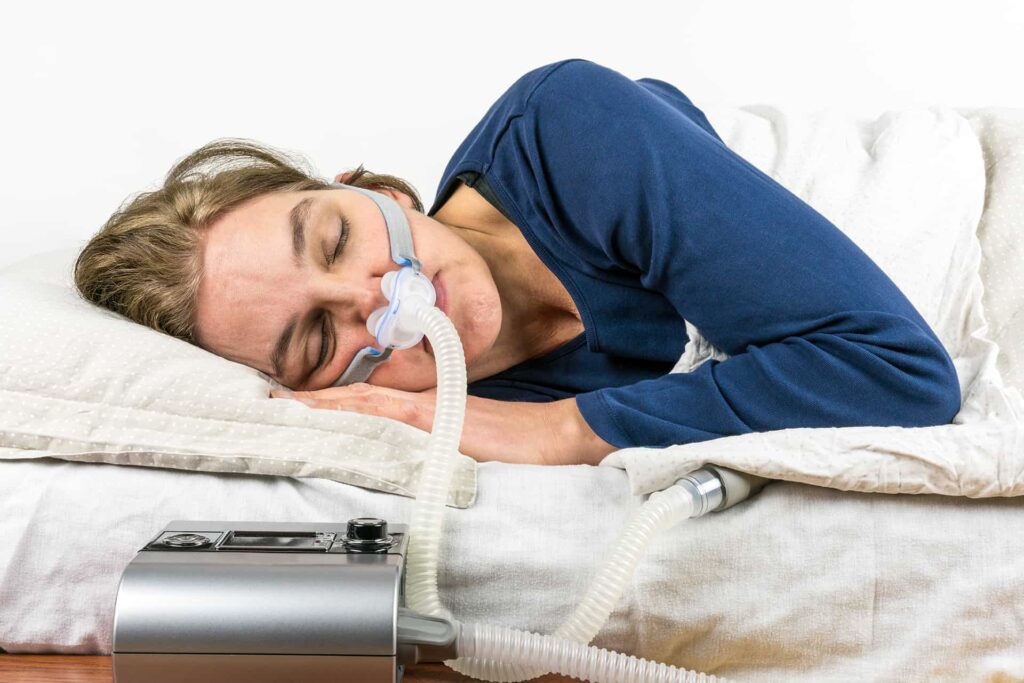
Alternatives to Avoid Mouth Breathing on CPAP Machine
If you are trying to use a CPAP machine, you should ensure that you use your heated humidifier in an optimal setting. Adjust it to maximize the amount of moisture delivered to your nose. Water left in the tank in the morning do you no good; instead, get as much as you can provide through your mask overnight. It can also be helpful to use heated tubing to avoid condensation within the tubing.
If your mouth falls open with a nasal mask, you may experience extreme dry mouth. You may awake in the morning with your tongue as dry as the Sahara desert. If this happens consistently, consider using a chinstrap to support your jaw and keep your mouth closed. In addition, you may consider switching to a full-face mask that covers your nose and mouth. That will prevent air from escaping from your mouth as it will all be on the same circuit.
Occasional dryness may be tolerated. Simply drinking a little water or using rinses like Biotene to improve oral dryness may be used. However, if you experience consistent dry mouth in the morning upon awakening, you should speak with your equipment provider or sleep specialist about the options available to you.
On a final note
You should not need to drink water at night or wake with a parched mouth in the morning. This dryness could damage your teeth or gums if it is a frequent problem. Therefore, finding a solution that prevents mouth breathing on a CPAP machine is essential, which may require looking for treatments to open up your nose. The good news is that several people who were mouth breathers previously can adapt, and with CPAP machines, they can breathe better through their noses day and night.
Other resources:
Most Effective Alternatives To Cataract Surgery
Essential dos and don’ts before cataract surgery sydney

